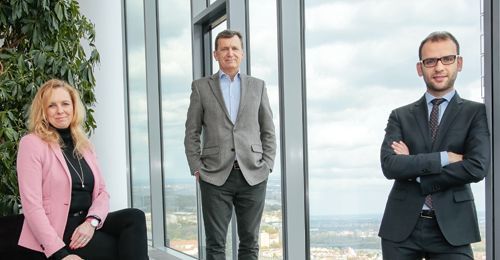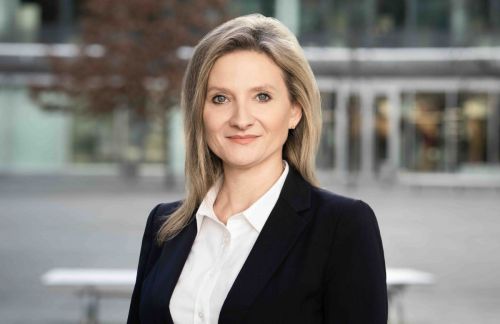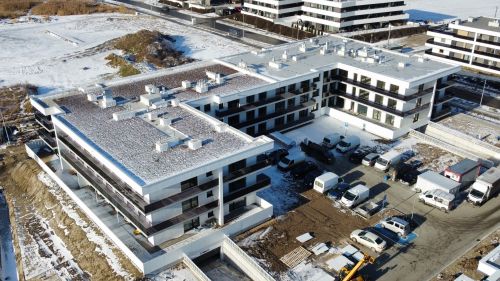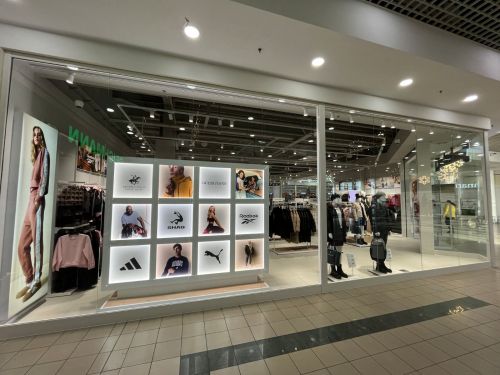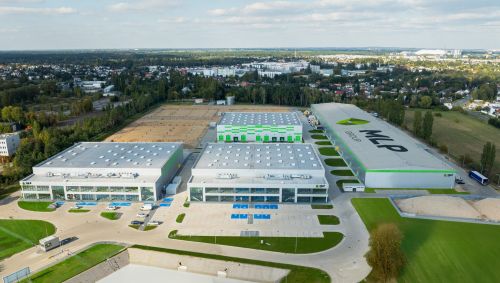Rafał Ostrowski, ‘Eurobuild CEE’: ULI has 40,000 members across the world. What is the source of the popularity of the organisation?
John Banka, chair, ULI Poland: I think that the attractiveness of ULI comes from its character – it is partly a place for business meetings, where issues from the fields of urban planning, real estate and sustainable development of cities are covered. However, the social aspect is also important – people who work with each other sometimes become friends. And finally, it is largely about the time we give to others. We do something for others – for the place we live in. Not only because we want to lobby on behalf of one business or another. You need an organisation that makes it possible for people to talk a little bit about business and a little bit about their city – and feel like local patriots.
And what does the CEO of Tacit Investment find attractive about it?
Karolina Kaim, CEO, Tacit Investment; member of th
